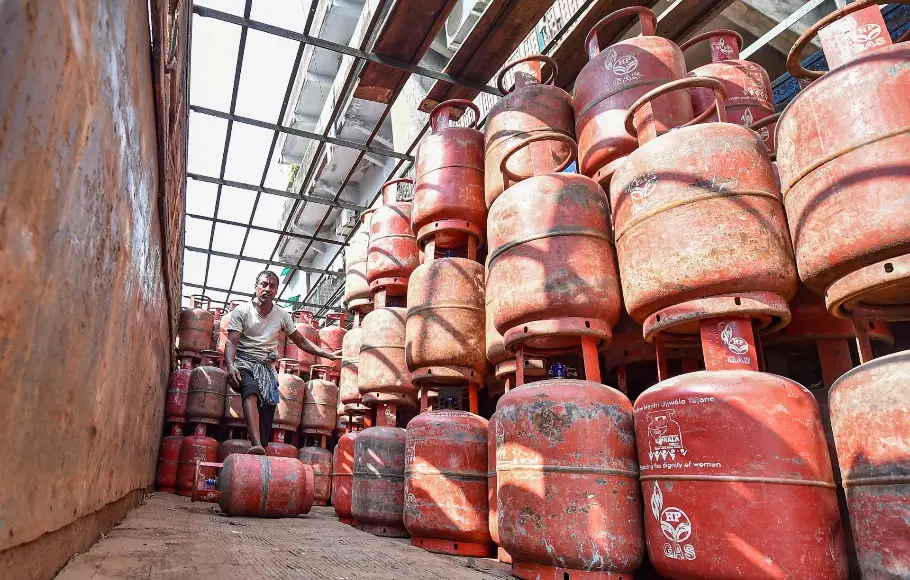
Iran-Israel conflict : Why India’s LPG supply could get affected
India relies heavily on LPG imports to meet domestic demand, with approximately 66 per cent of its LPG consumption sourced from the Middle East

The intensifying conflict between Iran and Israel is casting a shadow over India’s energy security, particularly concerning the supply of Liquefied Petroleum Gas (LPG). With a significant portion of India's LPG imports originating from the Middle East, disruptions in this region could have direct implications for Indian households and the broader economy.
Banking on Middle East
India relies heavily on LPG imports to meet domestic demand, with approximately 66 per cent of its LPG consumption sourced from the Middle East. This reliance leaves the country exposed to supply chain disruptions caused by geopolitical tensions in the region. As per media reports, India currently holds only a 16-day backup of LPG supply.
Strait of Hormuz closure
The Strait of Hormuz is a critical maritime chokepoint through which about 20 per cent of the world's oil and gas supplies transit. Recent developments have seen Iran's parliament vote to close the strait, pending approval from its Supreme Council, in response to the US attacks on Iranian nuclear sites. Such a closure could severely disrupt global energy markets, with Asia, including India, bearing a significant brunt.
Also read | Will Iran's move to block Strait of Hormuz affect oil supplies in India?
In light of these developments, Union Petroleum and Natural Gas Minister Hardeep Singh Puri has assured the public of the country's preparedness. He emphasised that India has diversified its fuel sources over recent years, reducing reliance on imports via the Strait of Hormuz. Oil Marketing Companies in India reportedly hold several weeks' worth of fuel supplies and continue to receive energy through alternative routes.
Surge in global oil prices
The conflict’s escalation has already led to a surge in global oil prices, with Brent crude rising by over 10 per cent since the onset of hostilities. Such increases are likely to translate into higher LPG prices domestically, exerting inflationary pressures on Indian households. Given that LPG is a primary cooking fuel for many, any price hikes could disproportionately affect lower-income families.
India’s recent shift towards importing more crude oil from Russia, which is logistically detached from the Strait of Hormuz, offers some buffer against Middle Eastern supply disruptions. Additionally, imports from countries like the US, Brazil, and West African nations are being considered to further diversify energy sources.

